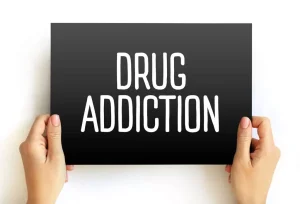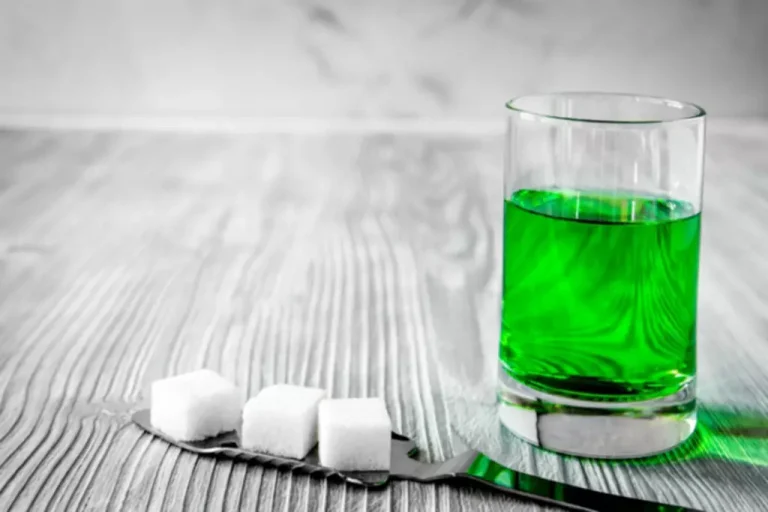
Just like any other illness, it is ultimately the responsibility of the individual to learn how to manage it. However, loved ones often want to help, such as by showing solidarity or hosting a gathering is alcoholism a mental illness that feels safe for their loved one. Whenever possible, it’s best to have an open, respectful, and direct conversation with the individual in recovery, and ask how they feel about alcohol being present.
- Other pursuits in life that once brought pleasure and balanced out the lows no longer do so.
- You might also hear this called “pre-alcoholic.” At this stage, you might drink to escape something going on in your life or to relax and feel better about yourself.
- Be open with others about what you’re experiencing so they can support you as you work to become sober.
- For healthcare professionals who are not mental health or addiction specialists, the following descriptions aim to increase awareness of signs of co-occurring psychiatric disorders that may require attention and, often, referral to a specialist.
- In the DSM-5, alcohol use disorder is further classified into categories of mild, moderate, and severe.
- The ability to plan ahead, learn and hold information (like a phone number or shopping list), withhold responses as needed, and work with spatial information (such as using a map) can be affected.
Impact on your health

Individuals could seek integrated treatment and support, which typically has better results than treatment for either a mental health disorder or AUD alone. A 2021 cross-sectional study suggests that people with mental health disorders are more likely to have AUD and that people with AUD have a higher risk of mental health disorders. When healthcare providers screen for this condition, they look at drinking behavior patterns within the last year to determine a diagnosis. They use a set of 11 criteria established by the Diagnostic and Statistical Manual of Mental Disorders, Fifth Edition (DSM-5) to assess alcohol use severity. It can be difficult to know whether or not to abstain from alcohol to support a loved one in recovery. Treatment settings teach patients to cope with the realities of an alcohol-infused world.
Careers – Join Our Team
Alcohol use can progress to a point where the only thing that can relieve the withdrawal symptoms is more alcohol. When so many things in life become reminders of drinking, it becomes more and more difficult for people to not think about drinking. The same dopamine neurotransmitters https://ecosoberhouse.com/ affected by alcohol and other substances are also involved in the ability to feel pleasure from ordinary pursuits such as eating food, having sex, and engaging in social interaction. One of the difficulties in recognizing alcoholism as a disease is it doesn’t quite seem like one.
Behavioral Therapies
If they agree to get help, you’ll need to make sure they can start immediately. Using cognitive-behavioral therapy methods, you’ll learn to manage cravings for alcohol and better manage your thoughts and behaviors. Make sure your friends and family know to seek help even if you aren’t old enough to be legally drinking (under 21).

- The following sections discuss one approach to diagnosing these challenging patients (also see the figure).
- Though it is well known that individuals with addiction are often highly stigmatized, the judgment and stigma attached to sobriety is also very real.
- Alcohol use disorder is a problematic pattern of alcohol use that leads to distress in one’s daily life, according to the DSM-5.
- The pathway to healing and recovery is often a process that occurs over many years.
Alcohol Use Disorder is a pattern of disordered drinking that leads to significant distress. It can involve withdrawal symptoms, disruption of daily tasks, discord in relationships, and risky decisions that place oneself or others in danger. About 15 million American adults and 400,000 adolescents suffer from alcohol use disorder, according to the National Institute on Alcohol Abuse and Alcoholism. But treatment and support are available to help those suffering begin to heal.

Among people with co-occurring AUD and psychiatric disorders, AUD remains undertreated, leading to poorer control of psychiatric symptoms and worse outcomes. The co-occurrence of AUD and another mental health disorder can complicate the diagnoses and negatively impact the clinical course of both conditions. Many clinical features of AUD have significant overlap with other psychiatric disorders, including sleep disturbances and negative emotional states such as worry, dysphoria, sadness, or irritability that often occur during cycles of alcohol intoxication, withdrawal, and craving. (See Core article on neuroscience.) As described in the sections to follow, a timeline of your patient’s symptoms is a key tool for a differential diagnosis.
According to the NIAAA, alcohol cessation typically leads to improvement in the co-occurring mental health disorder. However, treating psychiatric symptoms alone does not typically help treat AUD. As noted previously, for patients with more severe disorders or symptoms, consult a psychiatrist (one with an addiction specialty, if available) for medication support, as well as a therapist with an addiction specialty for behavioral healthcare. See the Resources, below, for an NIAAA tool to help you locate these specialists.

